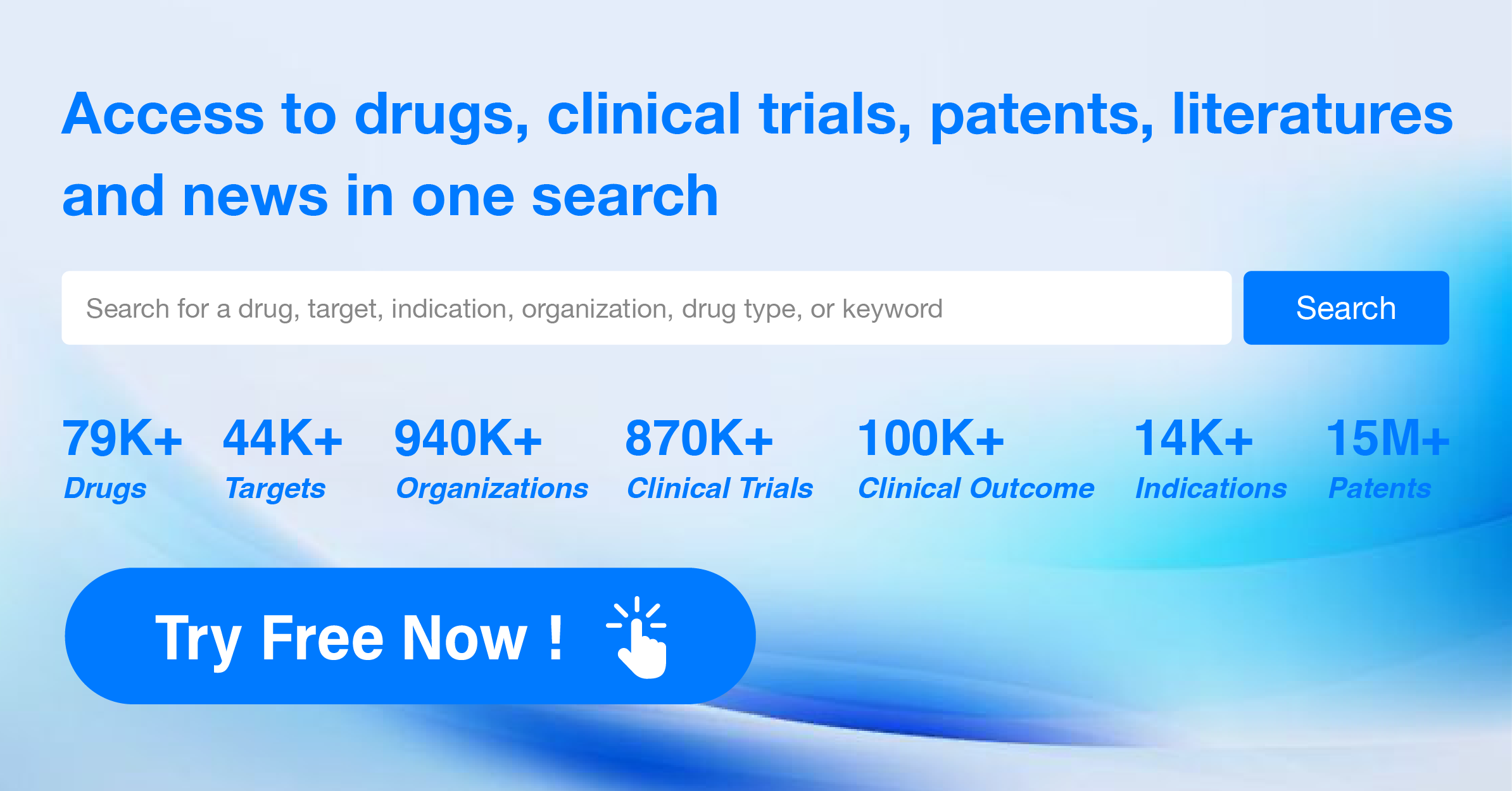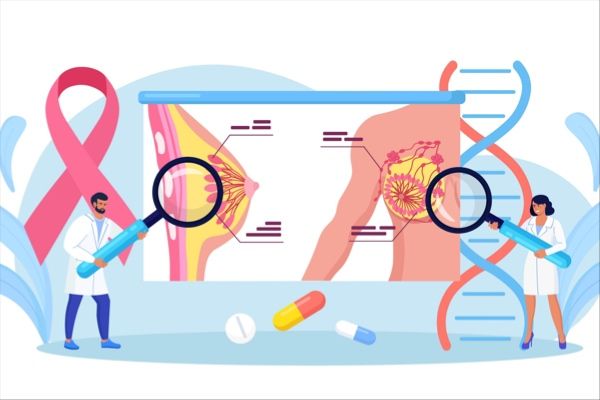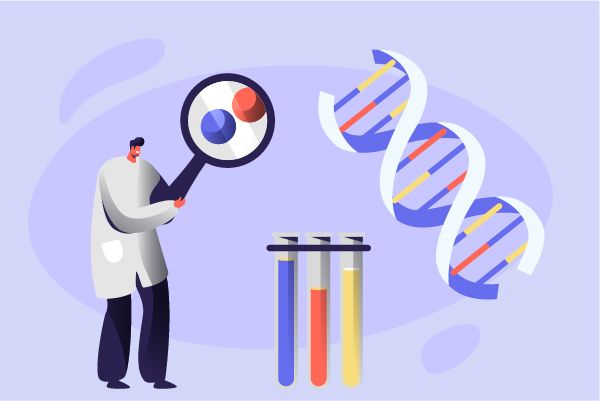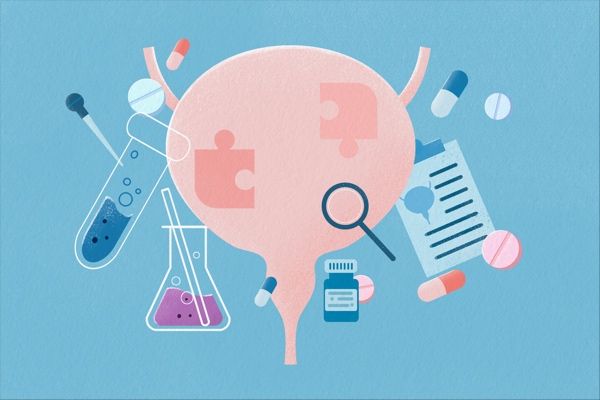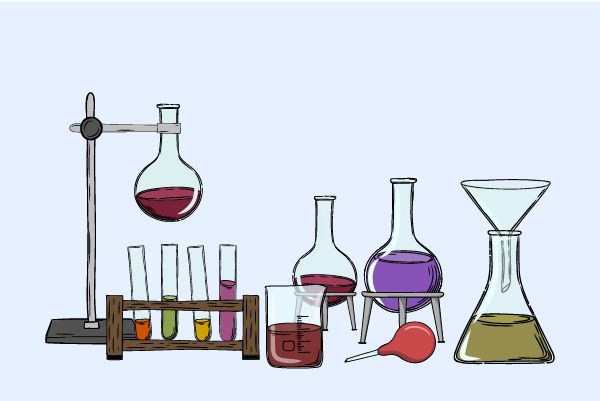What is a drug recall? Why are the production, sale and use of drugs suspended?
Drug recall means that drug manufacturers recall drugs that have been sold on the market and have potential safety hazards in accordance with prescribed procedures. Potential safety hazards refer to unreasonable risks that may endanger human health and life safety due to R&D, production and other reasons. According to the severity of drug safety hazards, drug recalls can be divided into different levels, such as first-level recalls, second-level recalls, etc. The more serious the security risk, the higher the level. Different levels of drug recall require different recall times. The higher the level, the shorter the drug is required to be recalled. Most drug recalls are due to quality problems in certain batches of the drug due to production reasons. The overall risk-benefit of other batches of qualified drugs is not affected. When the production, sale and use of a drug is suspended or withdrawn from the market, drug manufacturers usually also need to recall related drugs. If a drug is found to have potential safety hazards, the state drug regulatory department may take measures to order the drug manufacturer to suspend the production, sale and use of the drug. If drug manufacturers discover potential safety hazards in drugs, they can also proactively suspend the production, sale and use of drugs.
After the production, sale and use of a drug is suspended, the events that caused the suspension will generally be investigated, or relevant clinical studies will be conducted to conduct an overall risk-benefit assessment of the drug. If the evaluation results show that the benefits of the drug outweigh the risks, the production, sale, and use of the drug can be resumed. If the benefits of the drug outweigh the risks under specific conditions, such as in specific groups of people, the drug may be resumed with restrictions. If the assessment shows that the risks outweigh the benefits, the drug may be withdrawn from the market.
